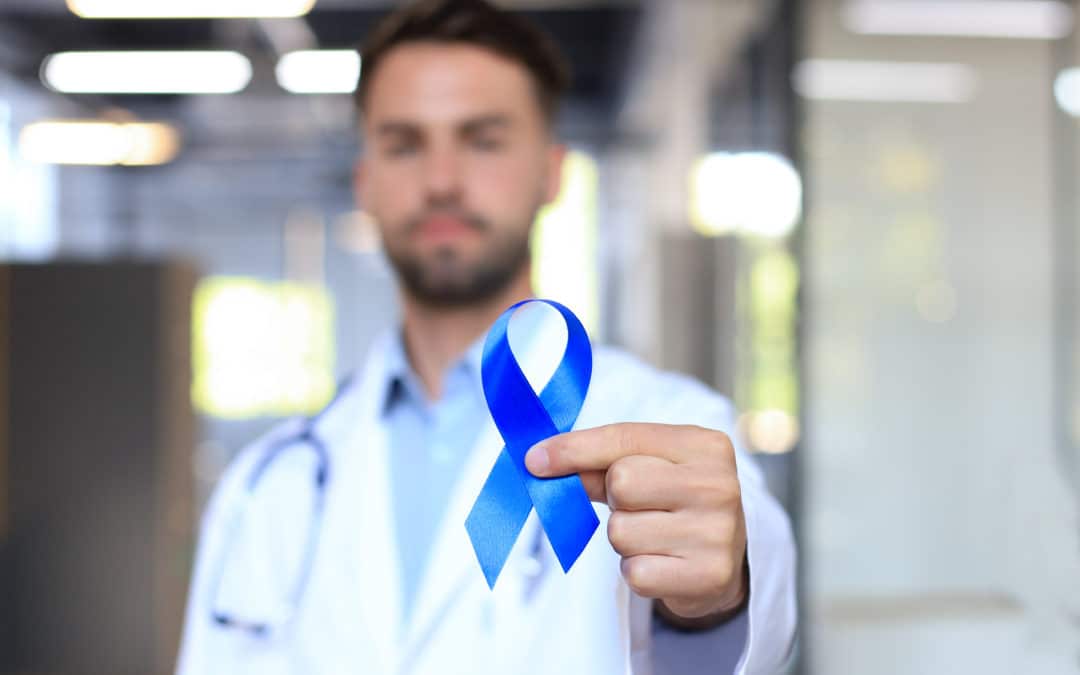PROSTATE CANCER AND YOU
PROSTATE CANCER is the second most common cancer among American men. Over two hundred and eighty thousand cases are predicted in 2023 (14.7% of all new cancer cases), and nearly thirty-five thousand will die of prostate cancer (5.7% of all cancer deaths). (seer.cancer.gov/statfacts/html/prost.html. About 12.9% of men will be diagnosed with prostate cancer at some point in time during their lives. Over three million men have been diagnosed with the disease and are alive today at least five years after their first diagnosis.
The key takeaway from these numbers is that prostate cancer is treatable.
As with most progressive diseases, age is the most significant factor affecting the risk of prostate cancer. We will cover this and other risks later. First, we look at the symptoms.
Symptoms
There may be no observable symptoms in the early stages until the prostrate gland begins to affect the urine flow out of the penis (urethra). Usually, the cancer develops very slowly but will likely become evident clear by age sixty-four.
Typically, the early signs of prostate cancer can include
- Needing to urinate more often
- Difficulty in starting to urinate
- Taking longer to urinate
- Needing to rush to the bathroom
- Hesitancy in starting to urinate
- Weak flow and feeling that your bladder is not
completelyempty
Other Painful signs may include
- Painful ejaculation
- Difficulty in getting or maintaining an erection
- Blood in urine or semen
These and similar symptoms may have other causes, such as an enlarged prostate (common in older men) or a urinary tract infection.
Risks
The most significant risk of developing prostate cancer is age. For example, doctors diagnose prostate cancer in 1:350 younger than fifty years old compared with 1:52 between the ages of fifty and fifty-nine and 1:17 for men over sixty-five.
Race is also a factor. Black men* are diagnosed with prostate cancer more than men of other races and at a younger age than men of other races. They are also significantly more likely to die from prostate cancer than white men.
There is a tendency for prostate cancer to run in families (familial prostate cancer). Familial prostate cancer accounts for 20% of diagnosed cancers. It is thought to be a combination of shared genes and common lifestyle/environmental factors.
Hereditary prostate cancer is rare (5% of diagnosed cancers). It is suspected if PC has been diagnosed in three or more first-degree relatives, in three generations on one side of the family, or if two or more close relatives on the same side of the family are diagnosed with PC before age 55*. In such families, the risk of developing prostate cancer is 2 to 3 times greater than average.
*These are treated as high-risk concerning about prostate cancer
SEEKING ADVICE
Suppose you are experiencing any of these symptoms or at risk even without symptoms. In that case, There, it is best to consult your healthcare provider for a diagnosis and recommended course of action.
The Affordable Care Act (ACA), aka Obamacare, ensures all marketplace health insurance plans cover the cost of screening. The most common screening tests are prostate-specific antigen (PSA) testing, which is a blood test, and digital rectal exam (DRE). Your eligibility for these screening tests varies from state to state. Screening may be offered at fifty in many states or forty if you are at high risk (see Risks above). Check with your health insurance carrier to determine what is covered.
If you are eligible for Medicare, you are entitled (from age 65) to free annual screening (PSA or DRE)
Many men live long and healthy lives with a prostate cancer diagnosis. Prostate cancer tends to grow grows slowly, often so slowly that changes are not noticeable. The symptoms may only become intrusive much later as the cancer grows (spreads). If the cancer spreads, it becomes more challenging to treat. Early diagnosis is a critical factor in the management of the condition.
If you are concerned that you, or someone you care for, have one or more symptoms we describe, TALK ABOUT IT to your doctor TODAY.

